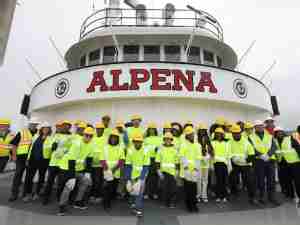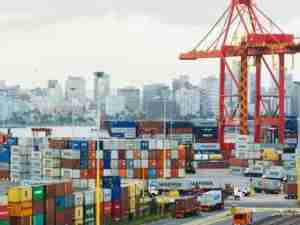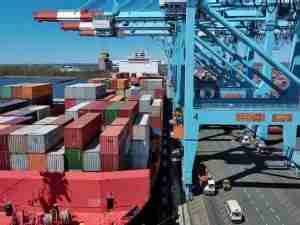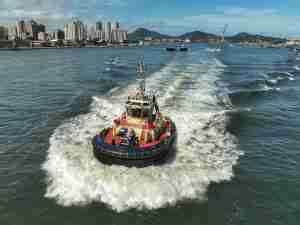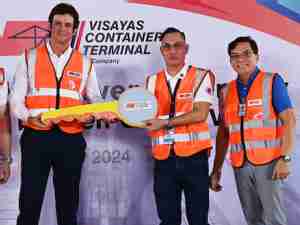Cruise passenger volumes remained relatively stable, while overall tonnage was down slightly from the same period in 2007.
"Our Port activity strongly reflects both international market trends and the relative strength of the Canadian economy," said Captain Gordon Houston, President and CEO, Port Metro Vancouver. "These statistics, and the economic depth and diversity they echo, demonstrate the vital role that Canada's largest port plays in the country's economic well-being."
Influenced strongly by forest product market conditions, overall cargo volumes dropped 5% to 58,477,997 tons. Coal exports, up 10% year-to-date to 12,973,564 tons, demonstrated the strength in energy markets along with offshore supply issues, particularly in Australia.
High global demand for fertilizer boosted potash volumes by 10% to 3,438,753 tons, and increased sulphur exports by seven percent to 2,726,432 tons. The strong growth in potash exports supports the Neptune Bulk Terminal expansion in North Vancouver recently announced by Canpotex as part of its plan to nearly double annual potash exports through the West Coast.
Woodpulp shipments registered an increase of five percent, while forest products experienced an overall reduction of eight percent, commensurate with declines in logs, lumber, paper and woodchips. Contributing factors include a strong Canadian dollar, increased international competition (particularly from Russia and Brazil), and the effects of BC's pine beetle infestation. Market demand for grains, including special crops and feed, remains strong. However, domestic demand negatively influenced exports, with wheat experiencing the most noticeable decline, dropping 16% to 1,906,235 tons. Vegetable oil exports were also down, due in large part to soaring prices, higher domestic demand and biodiesel conversion. A substantial decline in the chemicals, metals and minerals sector largely reflected a reduction in mineral exports. Petroleum exports remained stable, with reductions in aviation fuel offset by growth in gasoline, diesel and fuel oil.
In contrast to many West Coast ports, total container traffic increased by four percent, reaching 1,223,390 teus. Port Metro Vancouver continues to rank third among North American West Coast ports in terms of foreign laden container traffic, registering a 6% increase. The cruise sector demonstrated relative stability. Passenger numbers are down slightly from 2007 due to adjustment in vessel deployment by cruise lines operating in the Alaska market. So far this year, the port has welcomed 336,701 passengers, down year-to-date from 368,189 in 2007.
Automobile imports remained steady, growing by 1% to 242,560 vehicles.
